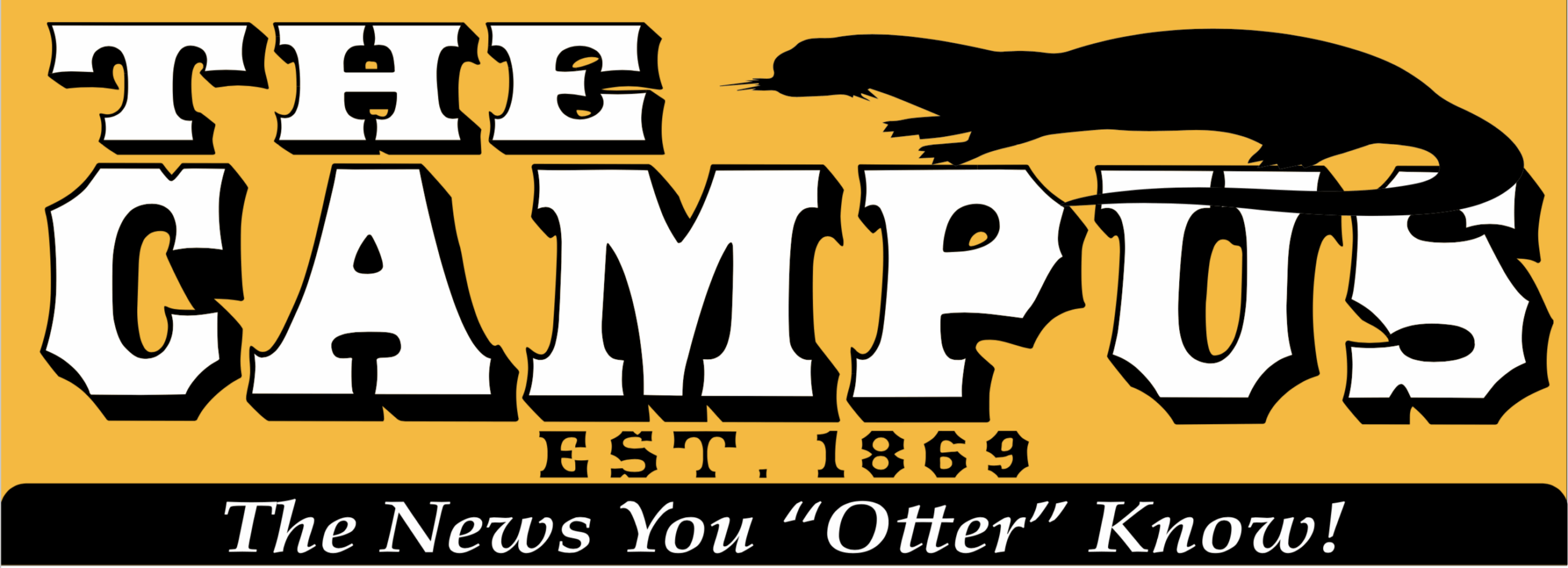Ashlyn Hermann, sophomore: “No college student should go without a planner. As every student knows, the hours in our days fill up quickly. If you do not keep written track of what needs to be done, for me, something will end up being forgotten. It is also a matter of not involving yourself in every club, event, etc. because you will overload your schedule. It is possible to be involved but I think it is in a person’s best interest to pick and choose where they want to invest their time. You have to determine your priorities or else you will find yourself swamped and overly committed. This means teaching yourself how to say ‘no’ and discerning when to say ‘yes’. For example, there is a sudden movie night in Martin (Hall) with many of your friends, but your paper you have not started on for seminar is due tomorrow. Do you say yes, or do you say no? It is something every student has to learn to do in order to manage their time, stress, and priorities.
For me, I handle the stress of academics and life in general through my relationship with God and my relationships with people. Nothing eases the anxiety better than knowing God has all my life matters in His hands and that I have a loving, motivational circle of close friends and family supporting me daily.”
Rebecca Campbell, senior: “I am making a concerted effort this year to take care of myself by building physical activity into my day, making it a priority to eat healthy and getting my sleep. It’s a work in progress. I have two calendars and have started color-coding, so that at a glance I can see what is coming up in my family life, work life and school life. This is another prepping activity that allows me to let go of stress, because I’ve taken the time to plan out the month. Of course items get added on almost a daily basis, but if I put it in my planner immediately then I don’t have that item cluttering up my brain, and I don’t worry about forgetting something. These types of organizing activities might sound like a lot of work, but they save you work in the long run. And maybe you’re not a “planner” type person, find what works for you and use it. A phone app, or alarm, dry erase board, piece of paper stuck in your wallet with a running to-do –list, whatever floats your boat, just find a system and keep it consistent.”
Other strategies that help are:
• Have someone to blow steam with; that non-judgmental friend who you can say anything to. The caution here is to not let “blowing steam” become a habit, then it’s just plain old bitching and moaning, and that is not a productive frame of mind.
• I just do it. Don’t procrastinate, just get it started, put something down, get the creative juices flowing, and move forward in some way. You can become immobilized by your own anxiety at the amount and the level of stuff that you have on your plate.
• Keep papers, books, and studying supplies in one place so you can go there and work without wasting time looking for what you need.
• Ignore the little things that annoy you, and sometimes the big things too, my energy is needed for more important things than whether or not there are clean towels or the rugs are vacuumed.”
Carrie Wilson, junior: “I think that it is important to remember what we are here for: school, our sport, and then activities on and off campus. That’s how I prioritize. It is also important not to let someone down if you have committed to something it’s important to stick to it. I have a set schedule with all my obligations, that way I don’t have any conflicts.”
